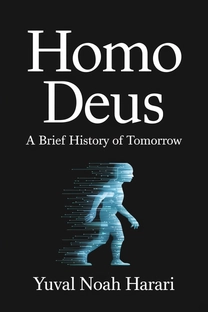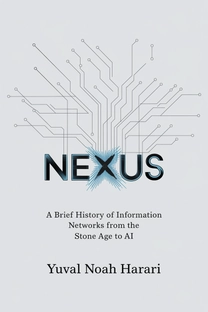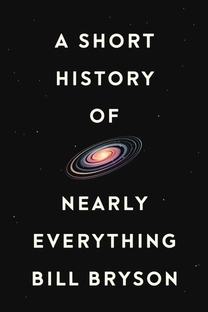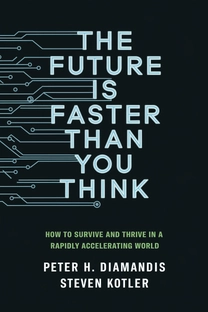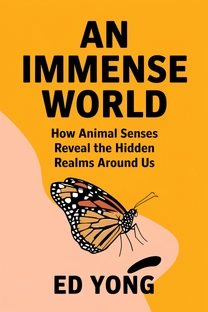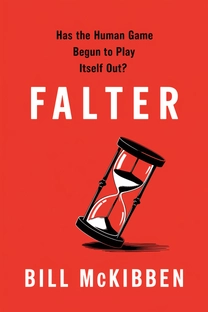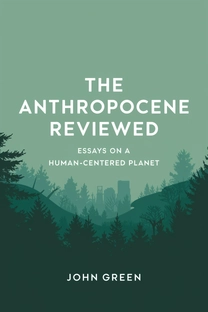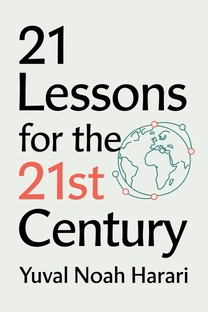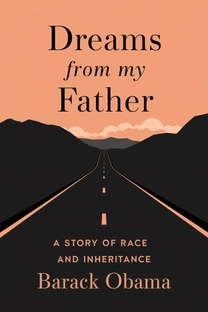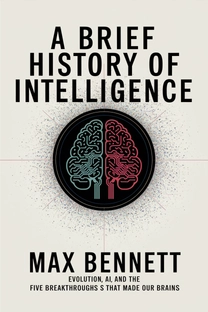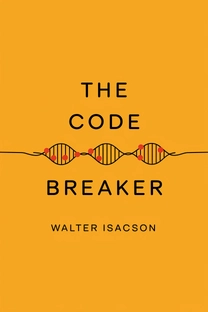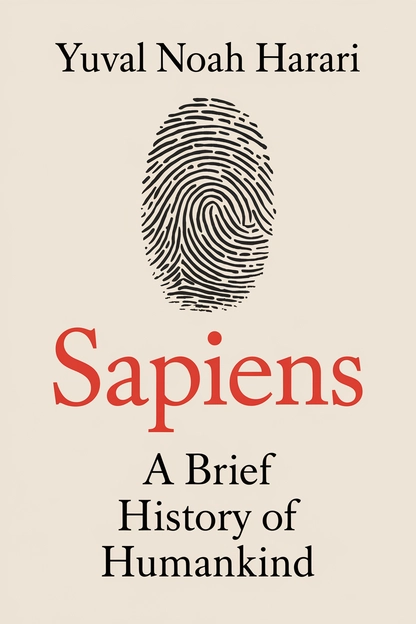
Sapiens
A Brief History of Humankind
by Yuval Noah Harari
Brief overview
This book examines how our species evolved from humble, nomadic foragers into the dominant force on Earth. It explores key turning points like the Agricultural Revolution, the spread of ideas and religions, and the emergence of money and empires that shaped human societies. By journey’s end, you’ll see how collective beliefs have led to both remarkable achievements and stark inequalities.
Introduction
Welcome! Imagine traveling back in time to when multiple human species roamed the Earth. Slowly, one species—us—would come to stand alone, forming tiny forager bands in a harsh landscape. Over tens of thousands of years, we discovered new ways to think, communicate, and organize. This marked a shift from mere survival in the wild to dreaming up entire new worlds.
At the heart of our transformation lies our ability to collaborate in massive groups. We’ve learned to unite under fictional constructs—concepts like nations, gods, and money—that exist only in our shared imagination. While these inventions unleashed our collective power, they also created deep inequalities and moral dilemmas.
In the coming pages, we’ll explore how Homo sapiens climbed to the top of the food chain, why we left hunting and gathering behind, and how large societies formed through myths and shared beliefs. You’ll get a glimpse of the sweeping forces that shaped our world—and hints about where we might go next.
From Foraging to Farming
Foragers once enjoyed a surprisingly rich lifestyle, living in small bands and relying on varied foods. They moved with the seasons, gathering fruit and hunting animals, and shared a remarkable depth of knowledge about plants and wildlife. Many arguably worked fewer hours than today’s farmers or office workers. However, their world changed radically once agriculture took hold.
The Agricultural Revolution began as people started cultivating wheat, barley, and other crops. Although it generated more food overall, it didn’t necessarily improve everyday life. Farming demanded longer work hours and encouraged rapid population growth, fueling cramped and disease-prone settlements. From an evolutionary perspective, this was a massive success, exploding the human population. Yet the individual’s daily drudgery often worsened.
Over millennia, the promise of a reliable food source lured humans into permanent villages. As we latched on to domestic grains, those grains quietly ‘domesticated’ us, chaining communities to endless routines of sowing and harvesting. An indirect result would be the growth of hierarchies and the eventual emergence of larger states.
What is Sapiens about?
Sapiens: A Brief History of Humankind describes how Homo sapiens advanced from scattered foragers into the most influential species on the planet. Yuval Noah Harari grounds the narrative in pivotal moments such as the Cognitive Revolution and the Agricultural Revolution, showing readers how shared myths, from money to religion, allowed massive cooperation and propelled human societies forward.
This book matters because it explains the roots of modern life and explores how ancient instincts still shape our behaviors. By blending anthropology, history, and philosophy, Harari offers a fresh perspective on why our collective beliefs have led to tremendous achievements, yet also created social inequities and environmental pressures.
Review of Sapiens
This concise yet comprehensive account of human history excels at weaving big ideas into an accessible narrative. Harari clarifies how our species relied on collective storytelling, legal frameworks, and cultural bonds to build civilizations, all while shining a light on the tension between progress and ethical responsibility. The text effectively connects historical developments—like the emergence of trade networks—to our present concerns with technology and globalization.
Readers will find practical takeaways about how institutions form, how shared goals can unify diverse communities, and why we must continually reflect on the consequences of our actions. The writing style stays direct, making complex topics engaging for both casual readers and academics. Ultimately, Sapiens demonstrates how understanding these grand patterns in history can help us address emerging challenges. It is strongly recommended for anyone looking to grasp the backstory of our global society.
Who should read Sapiens?
- Business professionals aiming to understand historical roots of economic systems
- Educators and lifelong learners seeking an accessible overview of human evolution
- Policymakers and community leaders looking for insights into social cooperation
- Curious readers who enjoy exploring broad questions about culture and society
About the author
Book summaries like Sapiens
Why readers love Mindleap
10-Minute Book Insights
Get the core ideas from the world's best books in just 10 minutes of reading or listening.
Curated For You
Discover your next favorite book with personalized recommendations based on your interests.
AI Book ExpertNew
Chat with our AI to help find the best book for you and your goals.
Reviews of MindLeap
Love how I can get the key ideas from books in just 15 minutes! Perfect for my busy schedule and helps me decide which books to read in full.
Alex R.
The summaries are incredibly well-written and the audio feature is perfect for my commute. Such a time-saver!
Jessica M.
Great app for personal growth. The insights are clear and actionable, and I love how they capture the essence of each book.
Chris P.
The app is beautifully designed and the summaries are top-notch. Definitely worth every penny!
Sarah K.


